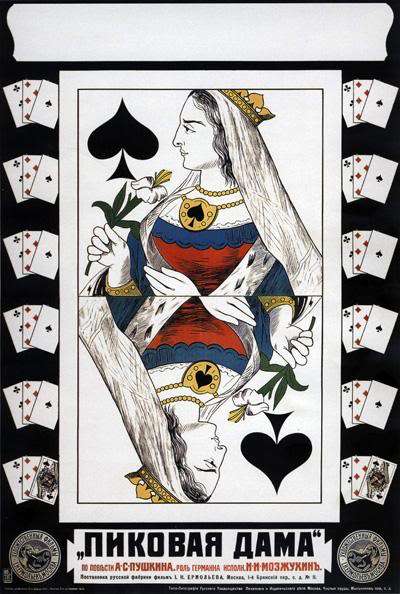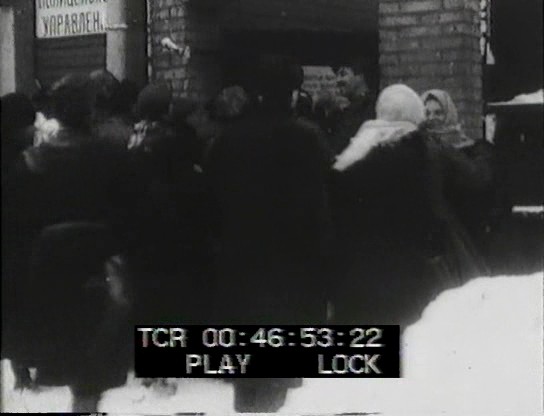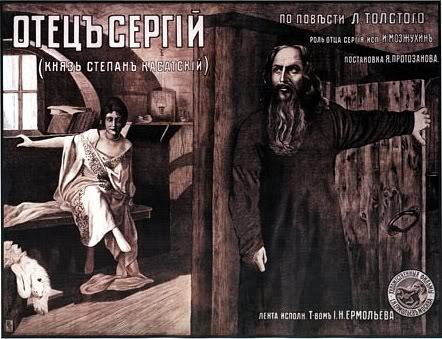
Already in the early years of Russian cinema Protazanov’s name was a hallmark of artistic excellence. "The Queen of Spades" is a brilliant example of his extraordinary talent. The film has not only a first-rate story and ingenious Mozzhukhin’s performance, but also all the tricks that were available to filmmakers in 1916. The use of crosscutting in the film is quite sophisticated for the time; superimposition is yet another important device; and the use of flashbacks here is very effective. Unlike most pictures of that time "The Queen of Spades" made a genuine contribution to the evolution of Russian film art. I think it would be great if more people see one of the best pre-revolutionary Russian films.
--GostaBerling




